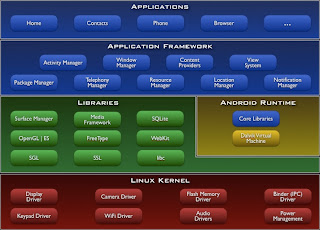// C style
char * szFullName = strcat("First Name ", " Last Name");
//C++ style
std::string strFirstName = "First Name"; std::string strLastName = "Last Name"; std::string strFullName = strFirstName + " " + strLastName;
std::ostringstream gives us a convenient way to build strings conveniently.
std::ostringstream provides functionality very much similar to sprintf function of C language.
Like for example you got names, ages, and heights of a few kids stored in arrays and you want them to be printed nicely on screen. Perhaps you could use a std::string and + operator to join string but I think using ostringstream will be a better approach.
Preview (hint: you can copy and paste the preview into Microsoft Word):
const int CONST_ARRAY_SIZE = 3; std::string aryStrNames[CONST_ARRAY_SIZE] = {"Ali", "Jason", "Shiv"}; int aryNAges[CONST_ARRAY_SIZE] = {5,9,11}; float aryFHeight[CONST_ARRAY_SIZE]={3.2,4.0,4.4}; std::ostringstream outBuffer; for(int i = 0; i < CONST_ARRAY_SIZE; i++){ outBuffer<<aryStrNames[i]<" is " << aryNAges[i] << " years old, and his height is "<< aryFHeight[i] << endl; }// end for i cout<< outBuffer.str();
Here's a link to ostringstream on C Plus Plushttp://www.cplusplus.com/reference/iostream/ostringstream/






